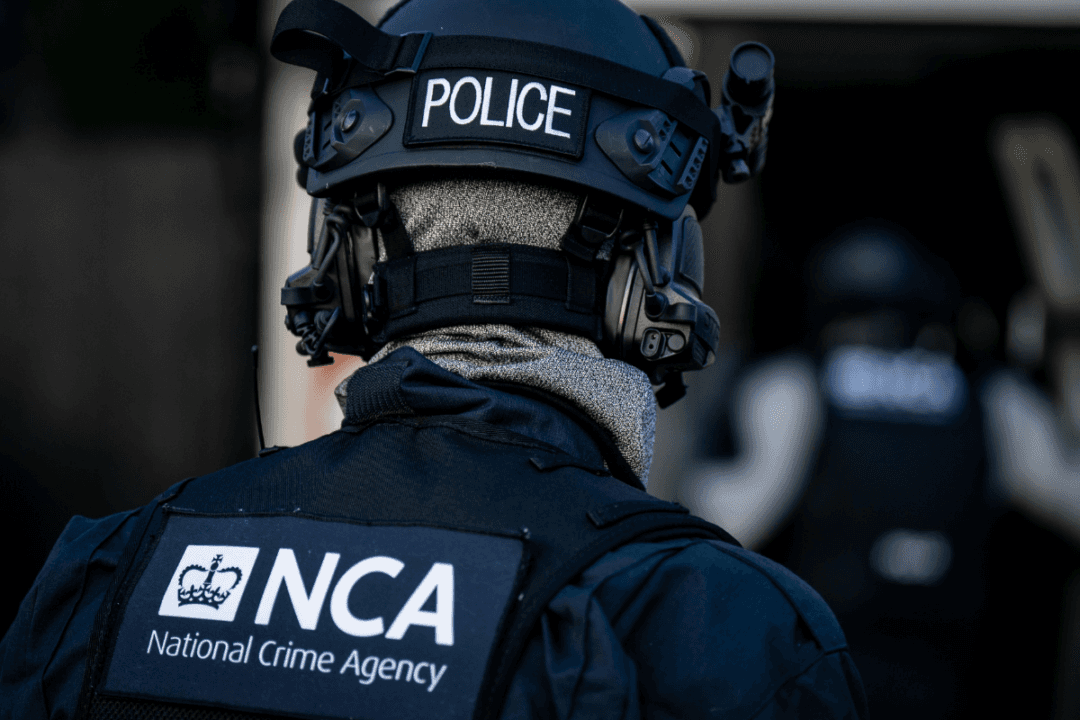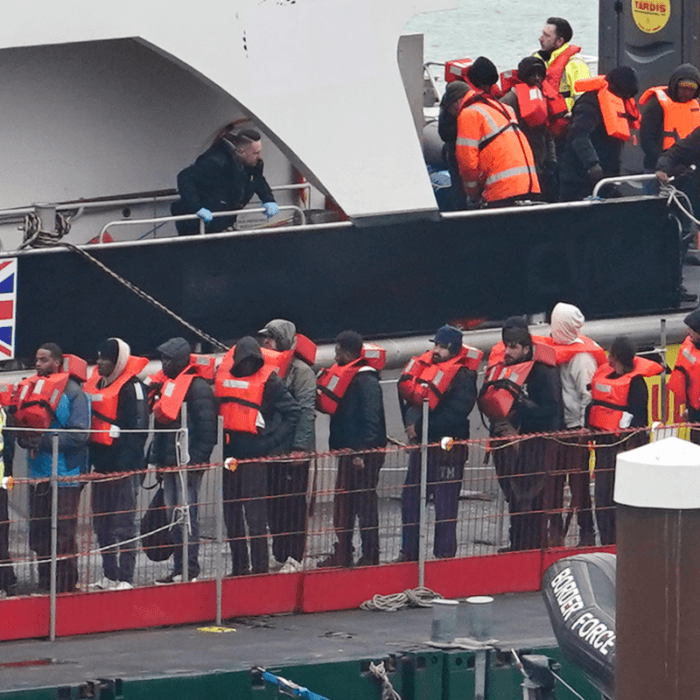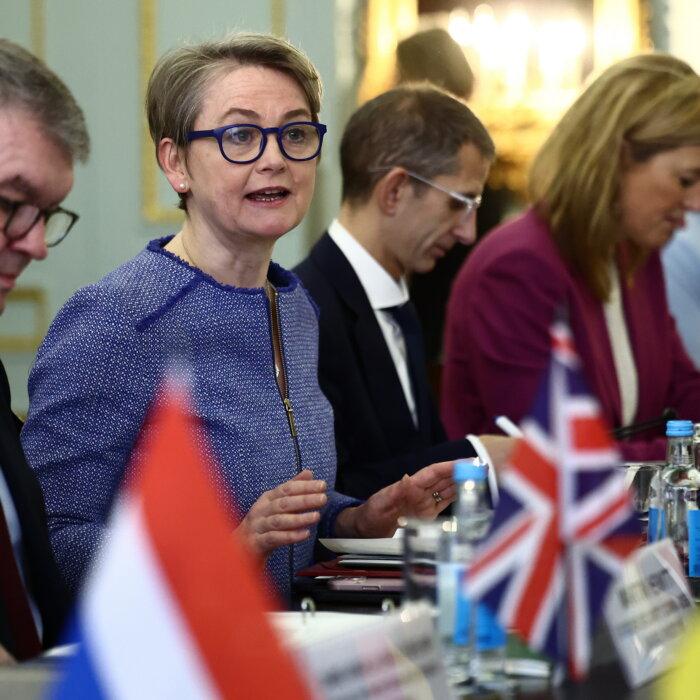New interim orders, announced by the Home Office on Thursday, aim to tackle organised immigration crime, including those suspected of organising small boat crossings in the English Channel.
The new court orders are an upgrade of the existing Serious Crime Prevention Orders (SCPOs), issued to prevent individuals or organisations from engaging in serious criminal activity.
Securing SCPOs can be a “complex and lengthy process,” the Home Office said, adding that the new laws will “speed up” the placement of restrictions on people under investigation.
Under Home Office proposals, law enforcement will be able to take swift action without requiring a conviction. These tailored measures could include travel bans, restrictions on mobile phone and laptop use, social media blackouts, and financial controls to disrupt criminal activities.
“Dangerous criminal people-smugglers are profiting from undermining our border security and putting lives at risk. They cannot be allowed to get away with it,” said Home Secretary Yvette Cooper.
The announcement comes as the number of immigrants arriving in the UK in 2024 rose by a quarter on the previous year.
“Stronger international collaboration has already led to important arrests and action against dangerous gangs over the last few months. We will give law enforcement stronger powers they need to pursue and stop more of these vile gang networks.
Legislation
The interim orders will form part of the Border Security, Asylum and Immigration Bill, currently advancing through Parliament.Police, law enforcement agencies, and the National Crime Agency would be able to apply directly to the High Court to impose immediate restrictions while a full order is considered.
Breaching an interim order could lead to up to five years in prison.
Border Security
After coming into government, Labour scrapped the previous government’s immigration policy, under which immigrants who enter the UK illegally would be either returned to their home country or sent to Rwanda.First introduced in 2022, the Rwanda scheme was a key part of the Conservatives’ plan to “stop the boats” by deterring future crossings.
Shadow home secretary Chris Philp has previously said that Labour had failed to offer “any real or credible plan” to protect the UK’s borders.
However, the Home Office said it has increased enforcement and restored order to the “chaotic asylum system” in just under six months after coming to power.
“This work has already seen almost 13,500 people with no right to be here returned since the election,” it said on Thursday.
The end of last year saw illegal immigrant crossings rise to more than 150,000 since 2018, when records began. The government believes that closer collaboration with partners overseas will be key to smashing the criminal gangs.
Smuggling networks operating out of Iraq, including the Kurdistan Region of Iraq and Europe, are behind illegal migration and trafficking, including across the Channel to the UK.







